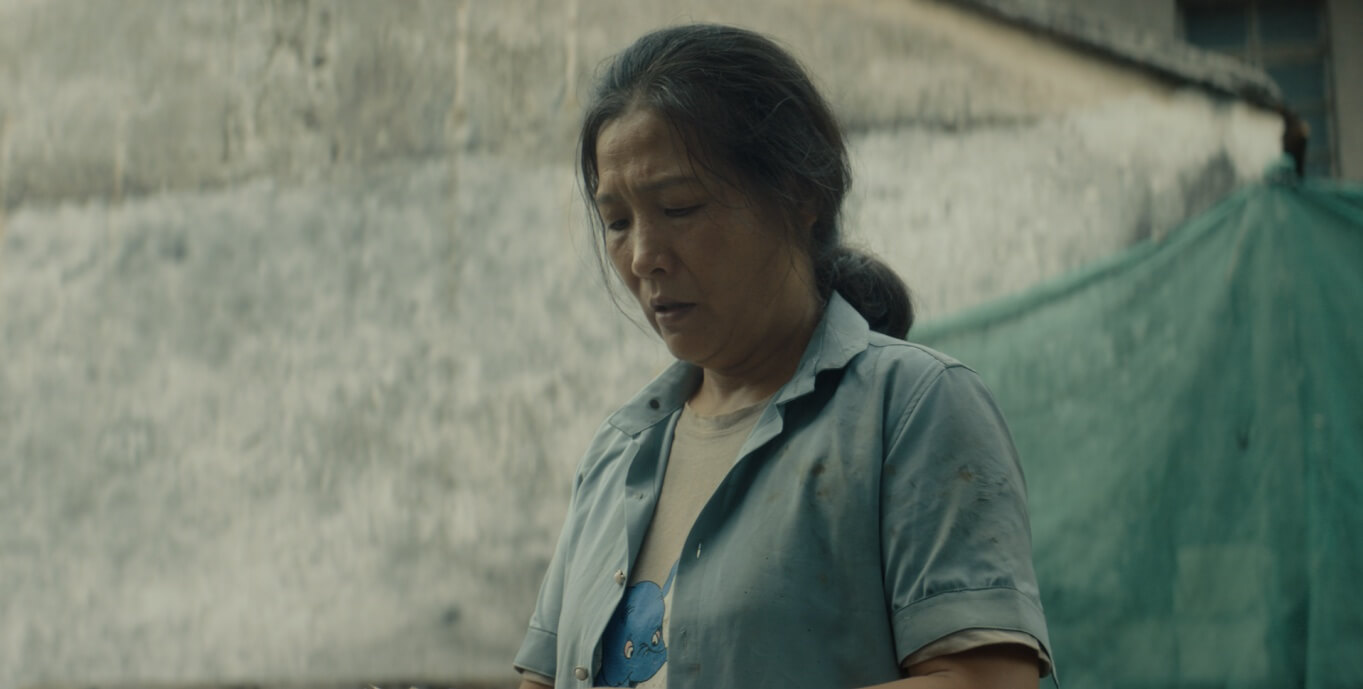After Class tells the universal story of a mother who is willing to do whatever it takes to help her child.
Eight-year-old Su Min and her mother reside in the slum of a metropolis in China, making ends meet by cleaning toilets and picking garbage. Su Min dreams to go to school someday. Marginalized by the school registration system, her mother tries to send her daughter to school at any cost.
Winner of the Best Short Award (Asia International Competition) at Short Shorts Film Festival
1. What inspired you to tell this story?
The inspiration for ‘After Class’ came from an infamous scandal a few years ago in China, where people would intentionally get hit by a car to scam the driver’s money. I once saw a news article about a single- mother who was arrested for forcing her son, who had a broken leg, to run into traffic. It was reported that she did it in order to send her son to school. The boy got hit three times until she was arrested. Although the mother was shunned by the public, yet no one empathized with her situation. I wondered: What would a mother do to fulfill the basic needs of a child? The story is partly based on the news story and partly from my childhood. When my family moved to Shenzhen from the Northeast, my family had to pay a tax every year to send me to public school. When I walked around the city I once called home, kids would run around in slums, collecting water bottles for nickels and dimes in return. I asked them why they aren’t in school. They told me they just aren’t. It was [at] that moment, I knew, one of those kids would become the character of Su Min.
2. Previously you made Cookie Heart, a short film that appears to be done in one take. How did your approach differ when shooting After Class?
I made Cookie Heart when I was a Junior at NYU. It was personally important because it was the first short film I’ve made. Somehow I had the crazy idea to shoot the entire thing in one take in the style of “Birdman.” The story is based on my roommate who is also the cinematographer of the film (Stefan Nachmann). Even though there are a million things I want to change, and things I wouldn’t do today. But it was the project that I learned the most from. I definitely used a lot of lessons I learned from Cookie Heart in After Class.
3. After Class marks your third collaboration with cinematographer Stefan Nachmann, what is it like working with him for the cinematography of this film?
I met my cinematographer on my first day at NYU: way before I decided to pursue a career as a director and him as a DP. Stefan and I were room-mates for a long time and knew each other inside and out. We very much enjoyed working together and have a great understanding of each other’s artistic approach. When we were discussing the visual style of the film, we decided to frame our characters far away from the camera. Utilizing very wide static shots, where the characters feel like they are stuck in their situation.
4. Who are your biggest filmmaking influences?
My favorite film, without a doubt, is “Cinema Paradiso.” It was one of my first encounters with Italian Cinema along with “Malèna.” Every time I watch “Paradiso,” it would leave me in a total wreck — overwhelmed and in floods of tears. It’s the kind of movie I would watch every time I feel like I want to give up on making movies. It would pull me back to reality, reminding me how bittersweet the nature of my job is.
5. You have written all of the short films that you have directed — what is your writing process like?
Most of my films that I wrote are either based on a true story or a personal story. Then the rest is very similar to a lot of other filmmaker’s writer processes. The moment the film is written, which is the moment the writing starts. Draft after draft until I felt the script is finished and shootable.
